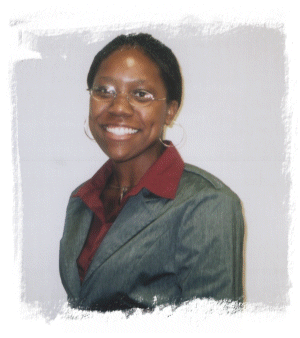
Mary Nelson |
Home Institution: Alcorn State University
Discipline: English Education Mentor: Dr. Deborah Barker Expected Graduation Date: May 2006 Organizations and Honors:
|
![]()
ABSTRACT
The Liberatory Voice in Alice Walker's The Color Purple
| Voice is a central element of Alice Walker's The Color Purple. In this novel, two totally opposite women, Celie and Sofia, move from oppressed and dominated backgrounds to the development of a liberatory voice. African American feminist critic, Bell Hooks elaborates on the liberatory voice. She defines the liberatory voice as moving from being the object to being the subject. Hooks implies that collective political action must take place to obtain a liberatory voice. Hooks doesn't consider Celie or Sofia to have a liberatory voice. She argues that Celie remains a victim, and Sofia begins with a revolutionary voice but is silenced. Another strike against Celie and Sofia is their lack of political action to create change. Using Hooks' definition of the liberatory voice, I will show that Celie and Sofia develop a liberatory voice and create change even if they do not engage in direct political action. |